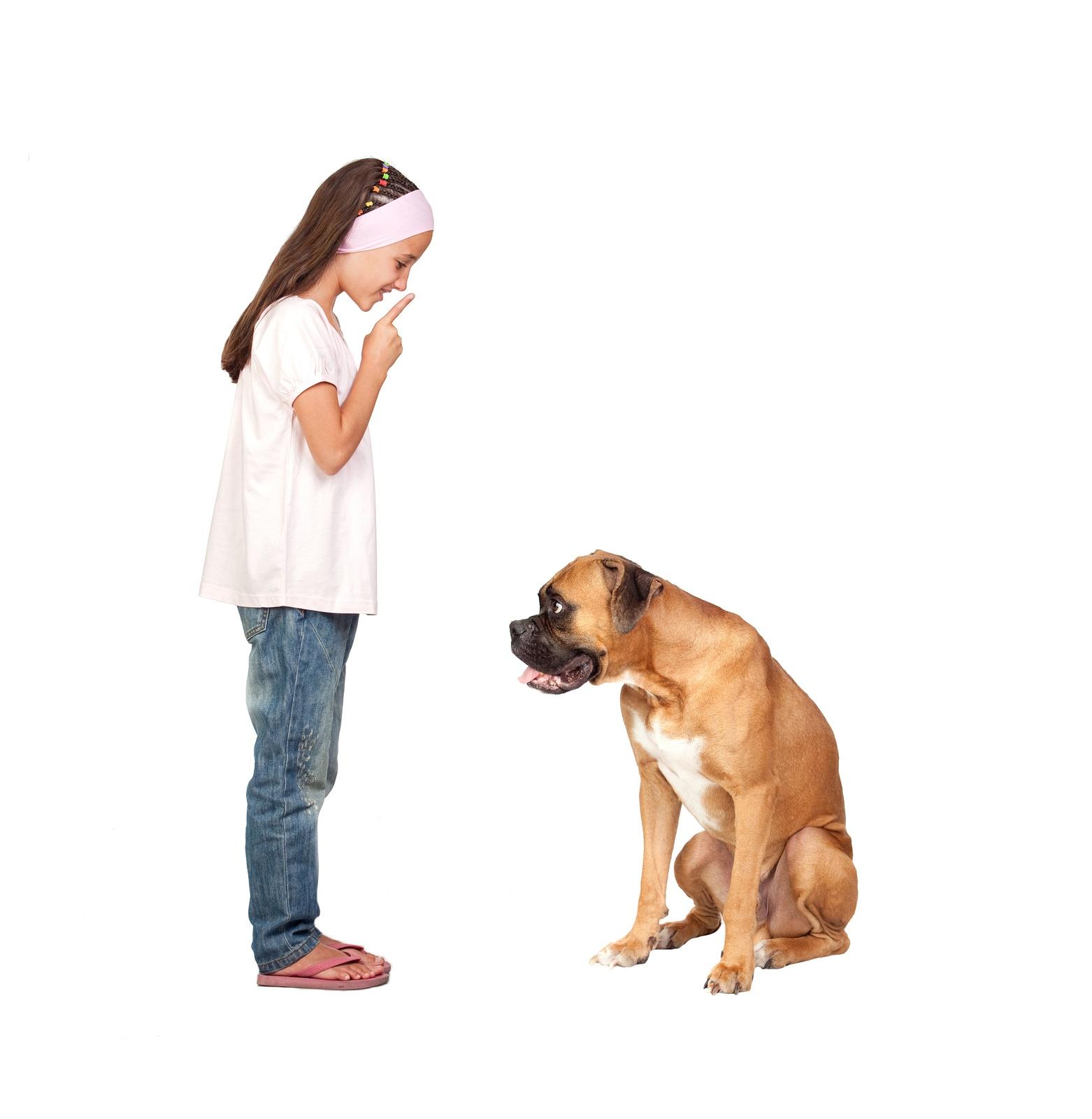Speaking Canine


While dogs have been known to be able to understand the meaning of certain words such as ‘sit’ or ‘stay’, they tend to discern non-verbal signals better. This refers to the tone of voice that we use to speak, or our body gestures and posture. Dogs are also extremely sensitive to facial expressions and can tell your mood just by the look of it.
Getting the Message Across
As you train your dog, be aware of your body language and observe your dog’s ability to understand your commands. Some dogs are more responsive towards body gestures, while others listen to spoken commands. Take time and be patient to make sure that your dog understands your instructions. Some dogs become so accustomed to being lured by a treat that they never really learn to obey commands.
For pet owners who face the problem of getting your dog to understand verbal commands, they can accompany their verbal command with a gesture. First, give the verbal command first, waiting, then give the gesture. Eventually, you can do half the gesture then gradually reduce the use of it as you work with your dog to adapt on the verbal command.
Mean What You Say
To be most effective when training and communicating with your dog, your expression and tone of voice must all mean the same thing. When instructing your dog to do something, your facial expression should be neutral, which is neither smiling nor frowning. Stand up straight as you give the instruction, and try to maintain a ‘commanding’ expression with your eyes. As the dog makes eye contact with you, it should see that you expect him to do as it was told and should obey your instructions.
If the dog obeys, let it know exactly how pleased you are, rewarding it with praises in a cheerful voice. If it fails to comply, give it a disappointed look, drop your voice low and deliver a short but totally unmistakable ‘no’.
It is indeed a conscious effort to communicate well with your pet, as it may require you to change some of the ingrained habits you have in the way of conversing with your human counterparts. But once you get the hang of it, both you and your dog will surely be happier for the effort you’ve made.








